Record-Low Ice Confirmed at North and South Poles
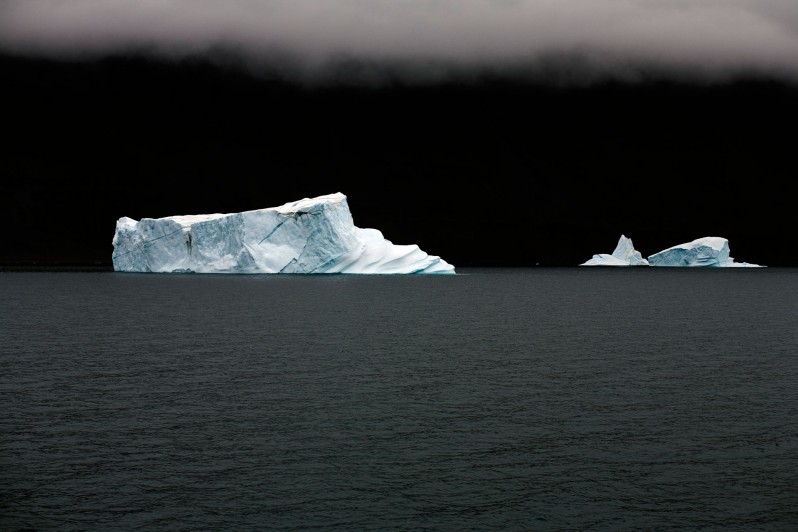
Sea ice at Earth’s poles is dwindling, and it reached record lows this month, scientists report.
Increase in extreme sea levels could endanger European coastal communities
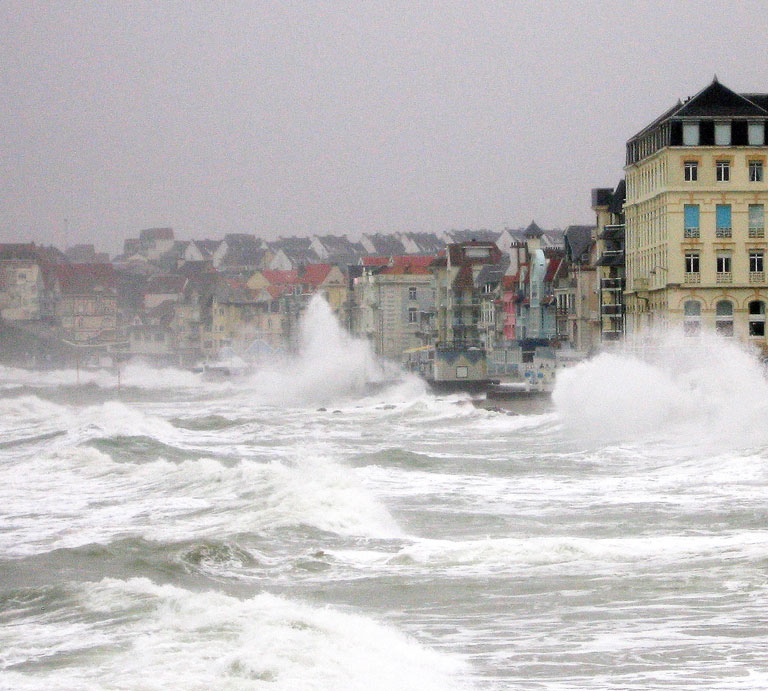
Massive coastal flooding in northern Europe that now occurs once every century could happen every year if greenhouse gas emissions continue to rise, according to a new study.
A Threat by Any Other Name
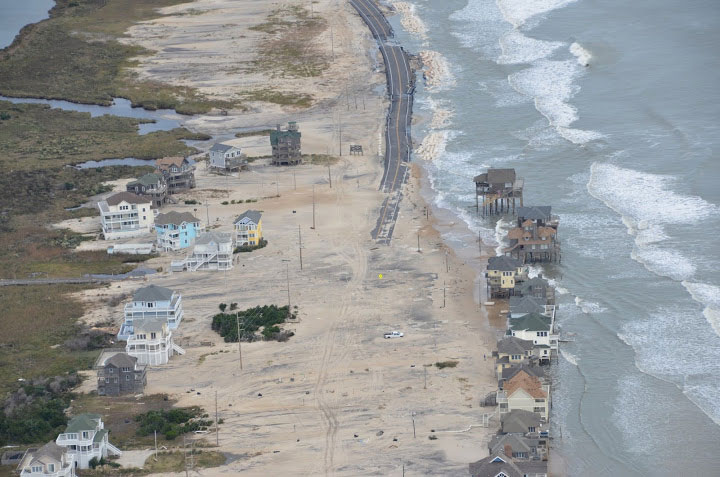
According to research by the Yale Program on Climate Change Communication, 70 percent of Americans believed in March 2016 that global warming was happening. But on virtually every question about the causes, effects, and mitigation of climate change, we are widely divided along partisan lines. The word planners are using, more and more, is resilience. Once seen as a kind of stopgap strategy, resilience has become the modus operandi of climate planning.
Doctors join forces, warn climate change is harming our health

Climate change isn’t just happening in the Arctic Circle and Antarctica where more ice is melting year after year. Its impact is being felt right here at home, and it’s posing a threat to the health of millions of Americans, say doctors representing 11 top U.S. medical societies. They are joining forces in Washington, D.C., today to speak out about the health risks posed by climate change.
Carbon Dioxide Is Warming the Planet: Here’s How

Here’s a primer explaining exactly why scientists know the climate is changing and that human activities are causing it.
Earth’s oceans are warming 13% faster than thought, and accelerating
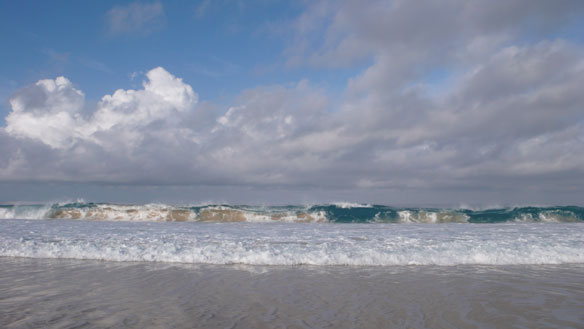
New research has convincingly quantified how much the Earth has warmed over the past 56 years. A paper just published today in Science Advances uses a new strategy to improve upon our understanding of ocean heating to estimate the total global warming from 1960 to 2015.
White House Wants to Slash Budgets of Top Climate Science Agencies
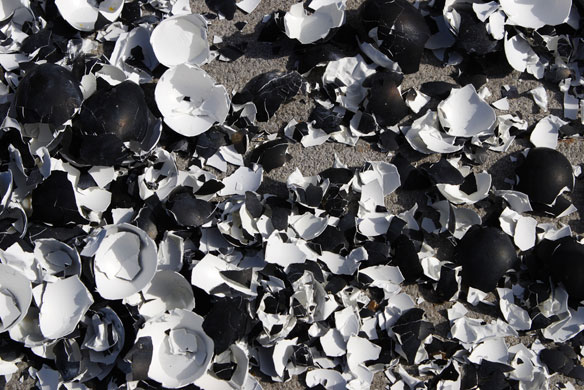
The current administration’s budget proposal includes a drastic 17-percent cut to the National Oceanic and Atmospheric Administration (NOAA), one of the government’s top weather and climate-science agencies.
United Kingdom CO2 Emissions Fall to Lowest Level in Nearly a Century
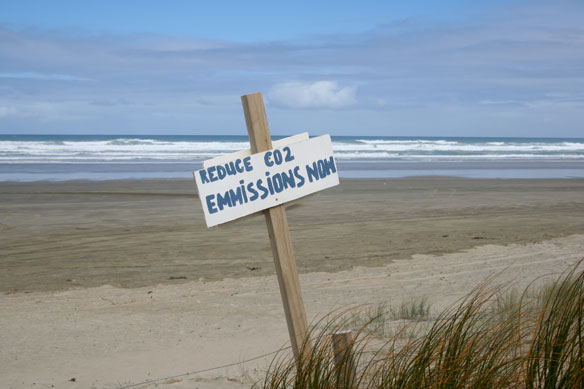
A record drop in coal use — coupled with the rapid growth of renewable energy, an expansion of energy efficiency programs, and an increase in burning natural gas for electricity — have driven carbon dioxide emissions in the UK to their lowest levels since the 1920s.
U.S. EPA Reverses Obama-Era Request for Methane Emission Data from Oil and Gas Companies

The U.S. Environmental Protection Agency announced it will no longer ask oil and gas well operators to submit information about their equipment or methane emissions. Methane is short-lived, but powerful greenhouse gas. Over the short term, it can trap heat at least 30 times more efficiently than carbon dioxide, and is thought to be responsible for about a quarter of modern global warming.
